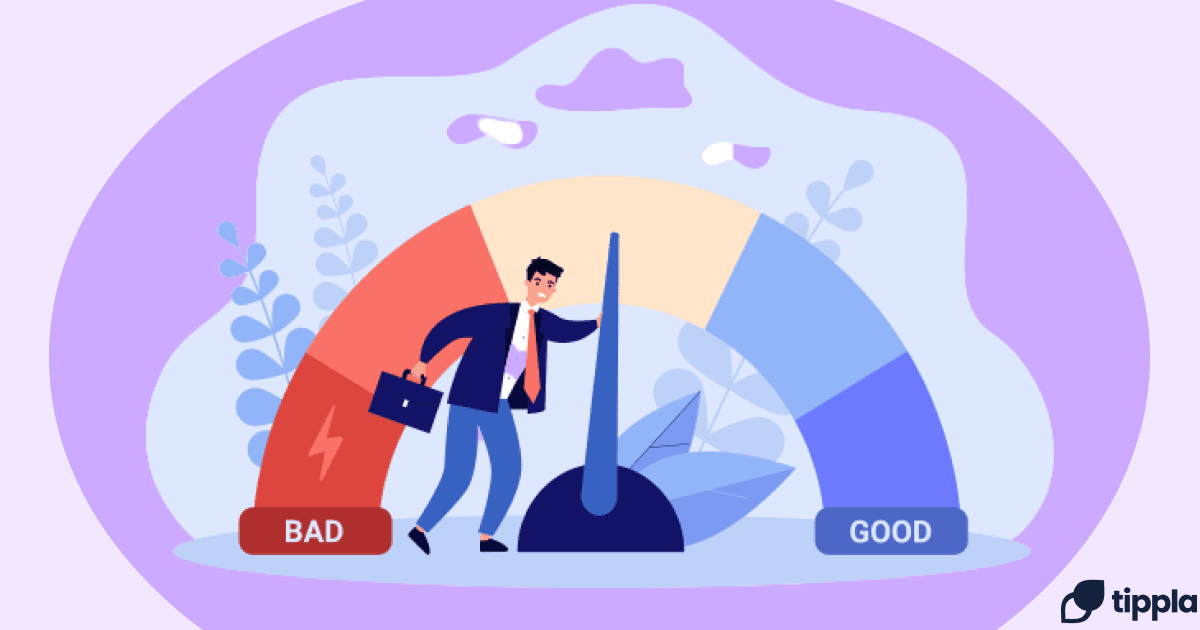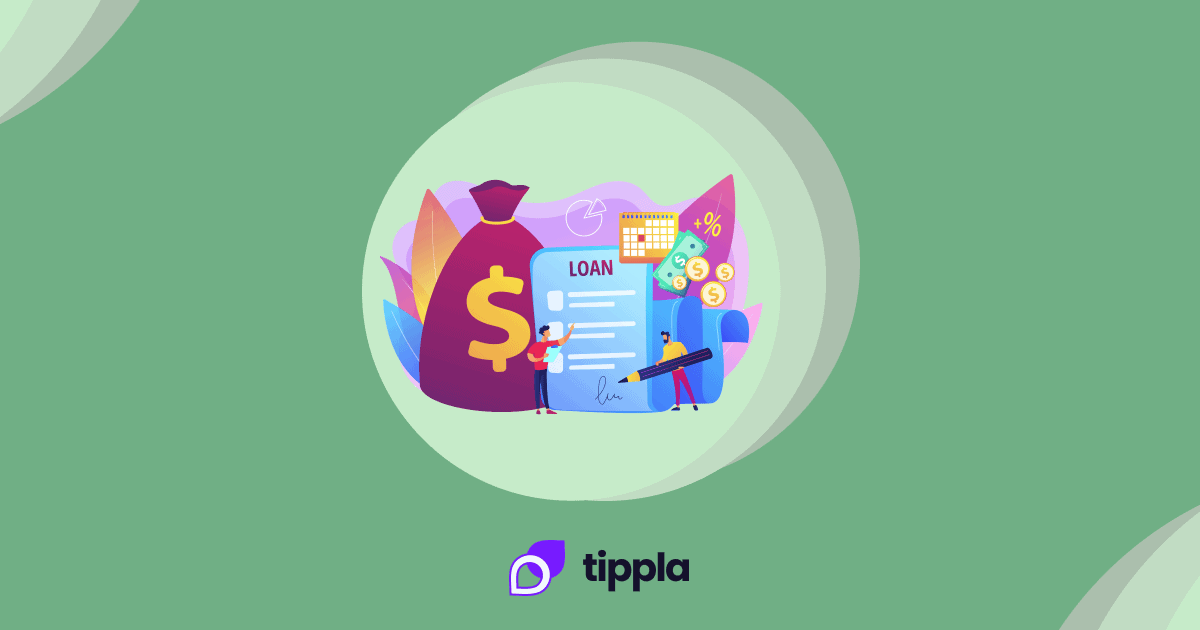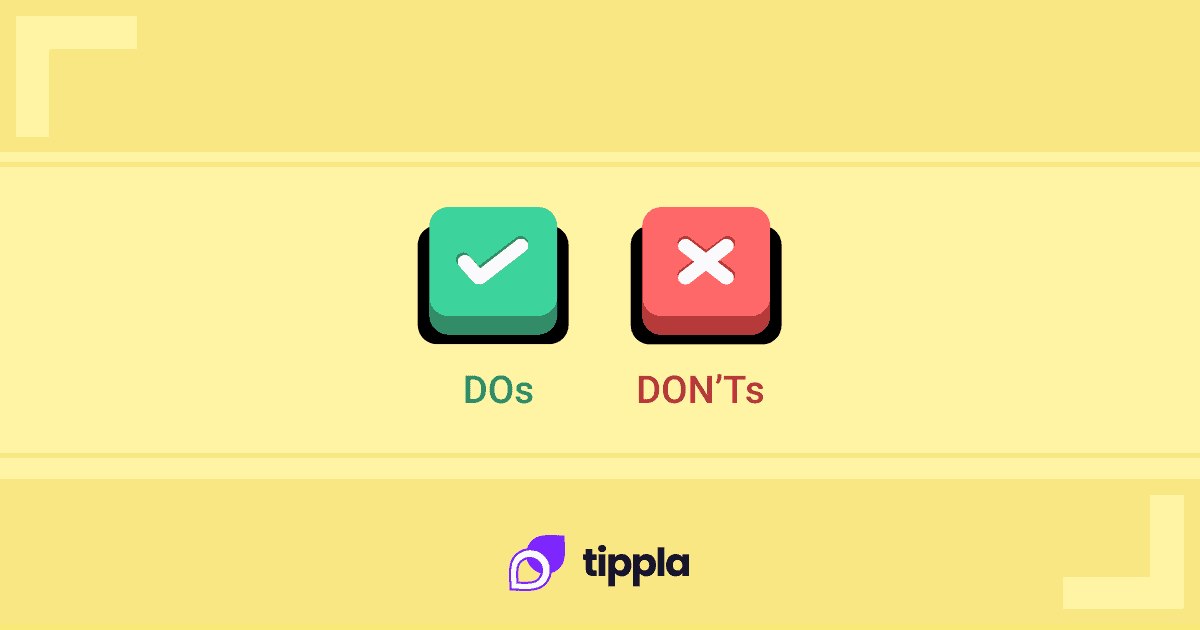Published in July 26, 2021
Paid in full vs settled in full: Which is best for my loans?

If you’re struggling to understand the difference between paid in full vs settled in full, Tippla has put together this helpful article to give you all the information you need to know.
What’s the difference between paid in full vs settled?
Paid in full vs settled: Although both refer to closed accounts, only one can affect your credit history negatively and affect your loans.
With loans debt, you would’ve heard the terms paid in full or settled in full. These terms aren’t interchangeable even though they’re related. Those terms refer to closed accounts, which means the loan term is over and the balance is accounted for. However, they have different meanings in your credit history.
Paying in full means you’ve paid the entire balance along with the interest. On the contrary, settled in full refers to paying less than the loan amount, usually with negative consequences.
What is paid in full?
Paid in full refers to your loan payments (including the principal balance and interest accumulated) being complete.
Missing payments result in your account being paid in full in good standing, which will remain on your credit history for ten years. However, missed payments will be recorded for seven years from the date of delinquency.
What is settled in full?
Settling in full means you have discussed with the lender to pay less than the amount owed. Therefore, an account is settled in full means it has been paid for less than the entire balance.
It’s important to note that the settlement process can result in serious consequences, such as a drop in your credit score. Therefore, the difference in paid in full vs settled in full is the former refers to you completing your loan payments, where the latter is when you’ve settled your debt at a lesser amount than what you borrowed.
How to settle a loan debt
The only loan debt you can settle is unsecured debt, such as personal loans or credit card debt. Unsecured loans are based on your financial history, such as your credit rating.
On the contrary, secured debt such as mortgages and car loans are based on collateral or seizable assets. If your payment declines, the lender has the rights to repossess your belongings, which is why you don’t have the option to settle a secured loan.
When to settle loan debt
Usually, at least 3 months must have passed since your last required payment to begin the loan settlement. The lender must be assured that you can afford the payments.
You can try to negotiate with them directly. As a last resort option, you can also use a lawyer or a debt settlement company, which we’ll get into later.
Ideally, before the bill is sent to collections, you’ll have to figure out a payment arrangement – you might make want to make one large payment or a series of smaller ones in exchange for debt forgiveness. However, make sure you get the terms of the arrangement in writing as a safeguard against any future collections.
Debt settlement company
You may also use debt settlement companies to negotiate on your behalf. However, beware of their costly fees, sometimes as high as 25% of the final settlement. This is why people usually have settlement companies as their last option. This process can also take years, which means potential months of missed payments that will negatively affect your credit score.
You can head to the Moneysmart website for more information on debt management!
Paid in full vs settled in full: what’s the best?
What’s the best option – paid in full vs settled in full? Well that ultimately depends on your financial situation. Ultimately, completely repaying your debt and closing your loan account is the most ideal situation. It shows you are capable of handling your debt. However, sometimes it’s not always an option, and you’ll need to settle your debts instead.
Alternatives to loan settlement
Settling a loan can be difficult, especially when using a settlement company. It comes with many financial consequences that will affect you, so here are some alternatives you can consider:
– Renegotiate with your lender. In some cases, you may be able to renegotiate the terms with your lender, so never hesitate to contact them.
– Forbearance. With forbearance, you’ll be able to postpone or reduce your payments for a few months or more.
– Debt consolidation.If you’re in debt with multiple creditors, you may be able to combine the payments under one debt consolidation plan. Combining your payments can give you lower interest payments.
– Bankruptcy. Though not ideal, with bankruptcy, you could keep your property if you have a steady income.
Have we answered everything there is to know about paid in full vs settled? Tippla is dedicated to helping you understand how car loans work. Find out more here!
While we at Tippla will always do our best to provide you with the information you need to financially thrive, it’s important to note that we’re not debt counsellors, nor do we provide financial advice. Be sure to speak to your financial services professional before making any decisions.
Related articles

Why Has My Credit Score Fallen? Here are 3 Reasons
14/09/2021
Your credit score is an important number and can...

No Credit Score? How to Build a Credit History From Scratch
18/07/2023
No credit history? No problem! You can build a...

How To Pick The Right Loan For You: A Quick Guide
29/07/2021
Are you currently looking for a loan, but you’re...

The Dos And Don’ts Of Credit: Protect Your Credit Score
26/07/2021
Taking out credit, whether it be a credit card,...
Subscribe to our newsletter
Stay up to date with Tippla's financial blog